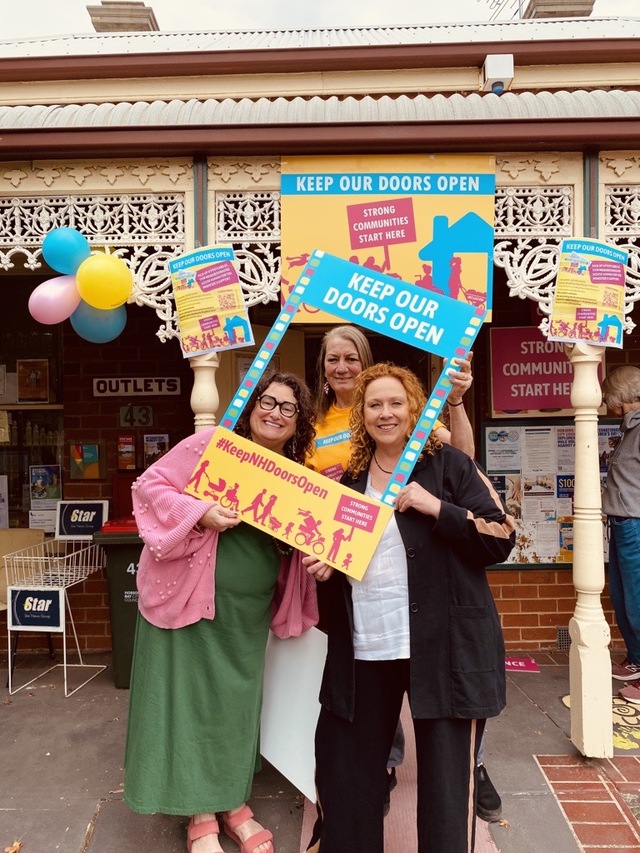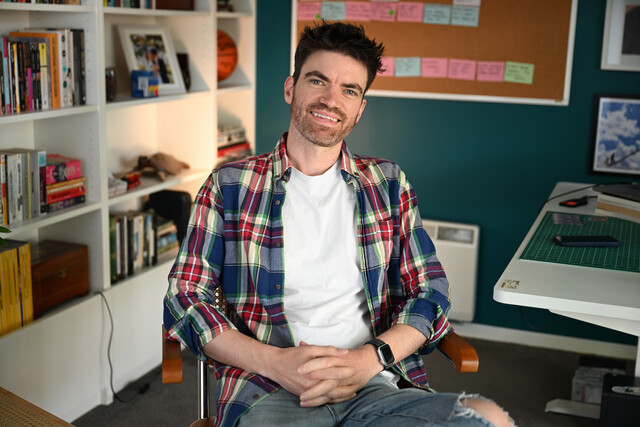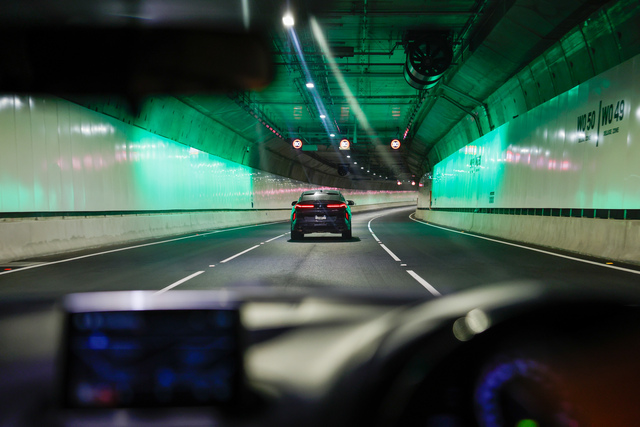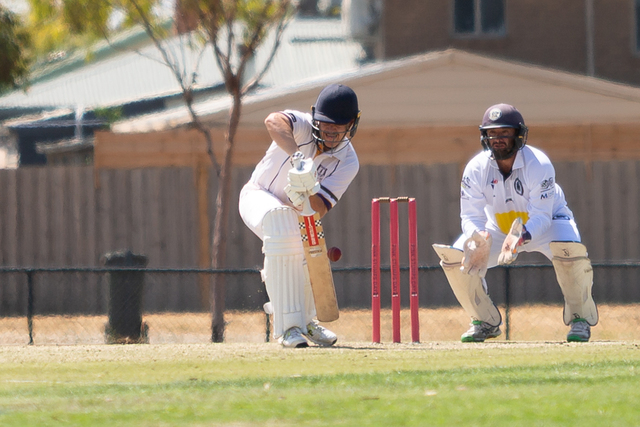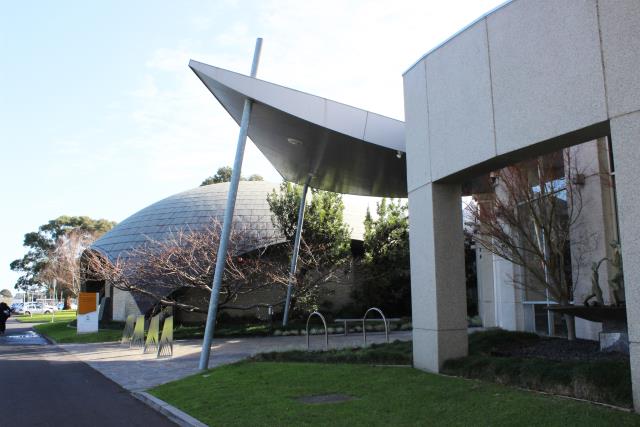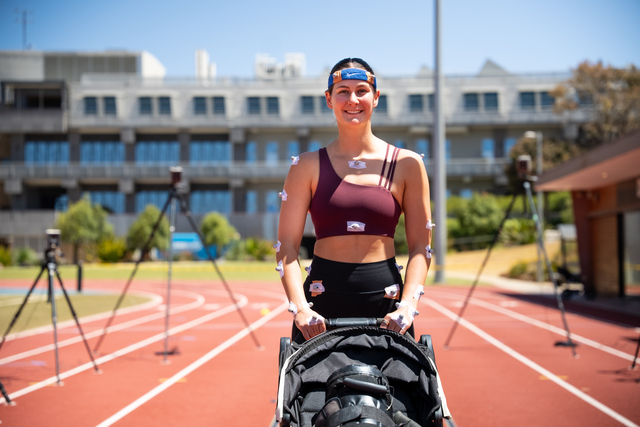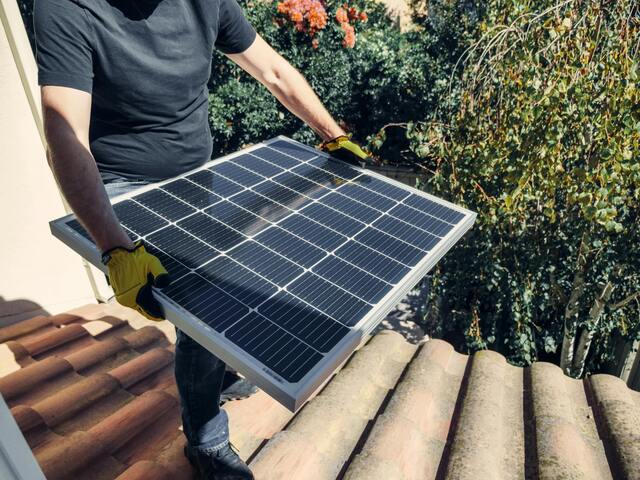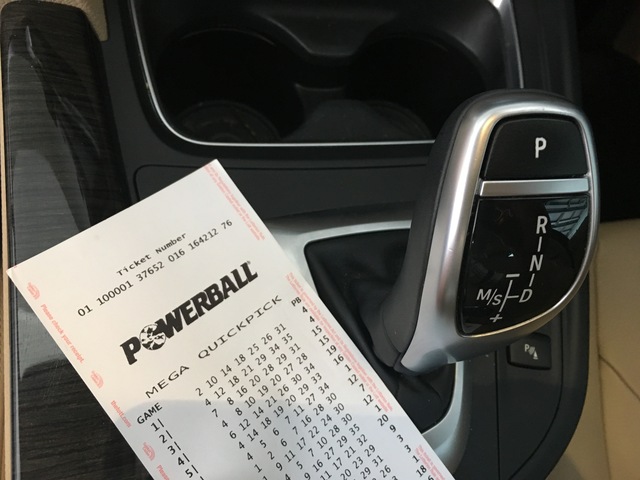The inner-west faces a freight traffic nightmare within the next two decades, planning experts have warned.
Dr Bill Russell told Melbourne’s Transport Crisis forum in Footscray last week that a failure to push freight on to rail would place unprecedented pressure on the local road network as truck numbers more than tripled in the next 20 to 30 years.
“We will have severe problems with traffic congestion. No project on the horizon is going to bring any assistance to this area.”
Dr Russell said the government’s proposed east-west link was an expensive disaster that would fail to reduce congestion.
PICTURE GALLERY: Yarraville truck protest
“Eighty per cent of freeway traffic is single-occupant commuter cars.”
Dr Carolyn Whitzman told the forum liveability was at risk unless better links were made between jobs and transport.
Professor Nicholas Low said Melbourne’s public transport would be a mess as long as there was unequal distribution, unbalanced investment and a failure to integrate services.
Professor Graham Currie outlined figures showing Melbourne’s public transport system performing woefully compared to other major cities.
He warned that per capita public transport services had gone backwards since 2010 and that inadequate bus networks and under-investment despite a booming population flew in the face of the government’s promise to ‘‘fix public transport’’.
Dr John Stone questioned the billions of dollars being poured into the Regional Rail Link without adequate debate over what other projects should have been tackled.
Dr Sophie Sturup warned that all the risk of the east-west link was being carried by the community.
The forum was hosted by Transport for Melbourne, which aims to improve understanding of Melbourne’s transport issues and apply lessons learnt from cities confronted with similar problems.
Convener Roger Taylor said there was a crisis in thinking.
“Spending truckloads of money on big roads is not the answer. This will require a community campaign … do we want a city dominated by cars and trucks or a liveable city?”


